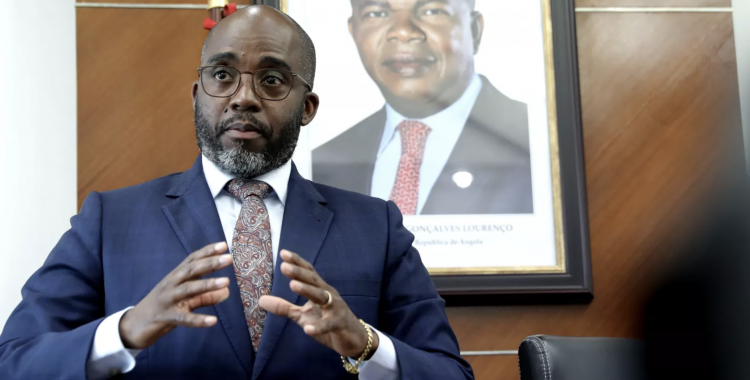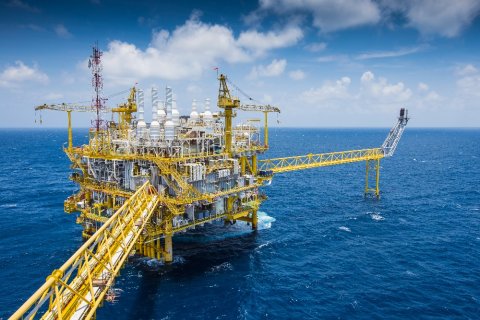In an interview with the Lusa agency, the Secretary of State for Finance and Treasury, Ottoniel dos Santos, spoke about the need to continue to carry out "critical management" of the debt in the face of market uncertainties.
"It will be necessary for all market agents to be very attentive to understand what opportunities there will be to issue (...). The ideal will be to manage as judiciously as possible, so that it is not necessary to resort to the market in such harsh conditions", he said.
To finance the General State Budget (OGE) "and all the important projects that the Angolan State has", Angola is talking to all its partners, including China, so that "they can support efforts to diversify the economy and build and implementation of projects that are associated with the economy's growth strategy".
Regarding the financial relationship with China – with whom a new loan of 249 million dollars was signed last week, in concessional form, to finance broadband projects – he considered that the two countries, which celebrate, in 2023, 40 years of diplomatic relations, are in a new phase.
"This loan with China, we can say that it is the inauguration of an avenue that we think can be successful, both for China and for Angola", he told Lusa Ottoniel dos Santos, stressing that it is a concessional credit .
The Secretary of State said that "the conditions of a loan of this type are extremely advantageous" for Angola, being the first time that China is going to make a loan with the African country under these conditions "which provide for maturities of up to 20 years and interest rates below those practiced in the market".
The official did not reveal, however, the interest that will be applied and that will still be subject to negotiation.
"It is a credit that is not associated with oil production, does not have oil as collateral, we are actually going to turn a page so that we can have mechanisms in Angola-China relations that are, from a financial point of view, aligned with the strategy of the two countries," he added.
Ottoniel dos Santos also addressed the theme of the green debt, "a new path" that Angola wants to follow.
"We want to focus on people's well-being. These debts, which are associated with sustainability and governance commitments, help us to define strategies to raise funding for projects associated with this type of expense. this process, start making emissions", he indicated, without committing himself to deadlines.
The General State Budget (OGE) foresees an expenditure of 45 percent for debt service - lower than the 55 percent foreseen in the 2022 budget - taking into account the improvement of conditions and the "critical management" of the public debt, he highlighted.
"Following the debt strategy, the focus is on stability and finding financing with longer terms", he continued.
Regarding the indebtedness authorized by the President of the Republic, João Lourenço, to finance public works and other projects, Ottoniel dos Santos stated that everything is done in accordance with the rules defined by the State.
"These acts (presidential decrees) are public and all projects are financed based on the limit that exists in the OGE to carry out these works, for example, those that are registered in the Integrated Plan of Intervention in Municipalities (PIIM) and when necessary it is requested intervention of the holder of executive power so that he can authorize the financing", he underlined.
The Secretary of State said that debt processes "are engaged in a financial year and take two to three years to be disbursed", since a project is normally not executed in the same financial year, thus justifying that they appear several times in the OGE throughout its execution.
As for the need for limits on indebtedness, the government official recalled that the public finance law already provides for a debt ratio that limits debt to 60 percent of GDP, so the manager who assesses "the projects to be financed must carry out this analysis".
In 2020, the Angolan debt was at 130 percent of GDP, but it dropped in 2021 to 86 percent and should be below 57 percent in 2022.
"There is space and there are conditions so that, continuing with rigor and discipline, we can begin to pass on to the real economy the well-being that the indicators show", stressed the official.







